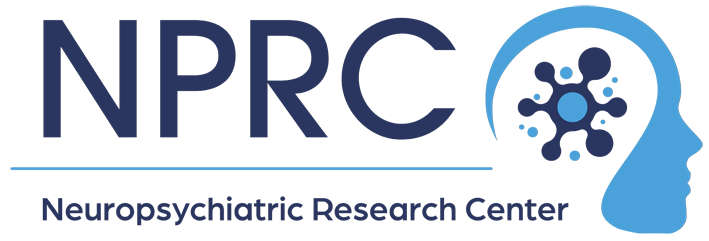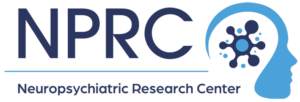Alzheimer’s disease (AD) was first described in 1906. Since then, numerous breakthroughs in technology, infrastructure, and disease knowledge have helped improve patients’ lives and push us closer to a cure. Though the road is still very long ahead of us, November marks a time to pause and reflect on past, present, and future efforts. These are some of the reasons we are thankful for Alzheimer’s research.
Top Alzheimer’s Research Milestones
Below are some of the critical milestones that have taken place in Alzheimer’s research and a brief explanation of their significance.
- 1906- Dr. Alois Alzheimer first describes “a peculiar disease.”
- Dr. Alzheimer described a patient with profound
memory loss, unfounded suspicions about her family, and other worsening
psychological changes. He also saw dramatic shrinkage and abnormal deposits in
and around nerve cells during her brain autopsy.
- Dr. Alzheimer described a patient with profound
- 1968- Development of cognitive measurement scales
- These were the first validated measurement scale
for assessing cognitive and functional decline in older adults.
- These were the first validated measurement scale
- 1980- Alzheimer’s Association Founded
- Today, it is the leading voluntary health
organization in Alzheimer’s care, support, and research.
- Today, it is the leading voluntary health
- 1984- Beta-amyloid identified
- They are a chief component of Alzheimer’s brain
plaques and a prime suspect in triggering nerve cell damage.
- They are a chief component of Alzheimer’s brain
- 1986- Tau protein identified
- Researchers discover that it is a crucial component of tangles and another prime suspect in nerve cell degeneration.
- 1987- First AD drug trial
- Pfizer conducts clinical trials for tacrine, the
first drug specifically targeting symptoms of Alzheimer’s disease.
- Pfizer conducts clinical trials for tacrine, the
- 1993- First Alzheimer’s drug FDA approved
- (FDA) approves tacrine (Cognex) as the first drug explicitly targeting Alzheimer’s memory and thinking symptoms.
- 2004- Neuroimaging initiative
- The initiative is a nationwide study to
establish standards for obtaining and interpreting brain images. The ultimate
goal is to identify high-risk individuals; provide early detection, and track
and monitor disease-modifying medications’ treatment effects.
- The initiative is a nationwide study to
- 2013-New genetic risk factors identified
- During the collaboration of hundreds of research
experts, 20 genetic variations were revealed to be associated with increased
risk, 11 of which had not been linked with Alzheimer’s before.
- During the collaboration of hundreds of research
- 2021- Aducanumab approved for the treatment of Alzheimer’s disease
- Aducanumab is the first FDA-approved therapy to address the underlying biology of
Alzheimer’s disease.
- Aducanumab is the first FDA-approved therapy to address the underlying biology of
The Quest for the First Alzheimer’s Survivor

Neuropsychiatric Research Center of Southwest Florida offers FREE memory screens for adults at risk of Alzheimer’s or concerned about memory issues they are experiencing. Our site also conducts research studies looking into potential new options for Alzheimer’s. Individuals with dementia, caregivers, and healthy volunteers are all needed to participate in upcoming research studies. To learn more, call us at (239) 939-7777 or visit our website today!
Sources:
https://www.alz.org/alzheimers-dementia/research_progress/milestones
https://www.alzforum.org/timeline
https://www.biotechniques.com/neuroscience/neuroif_a-timeline-of-key-alzheimers-disease-milestones/





